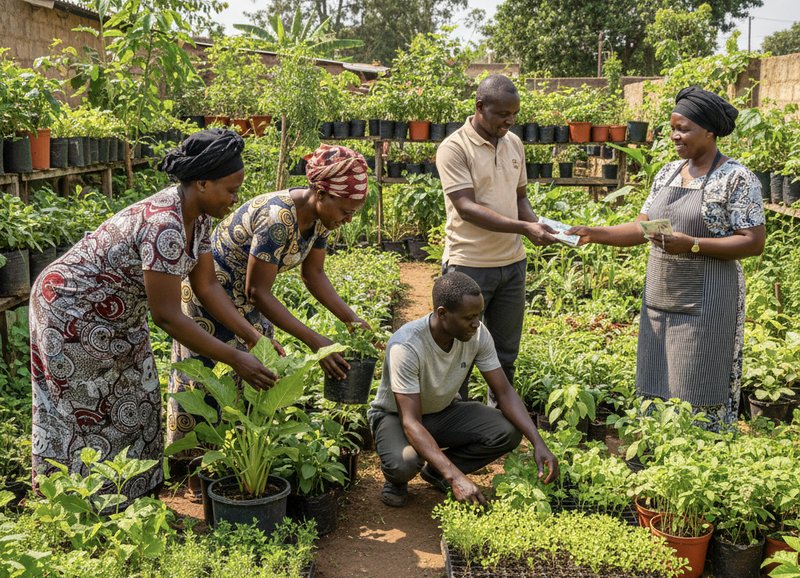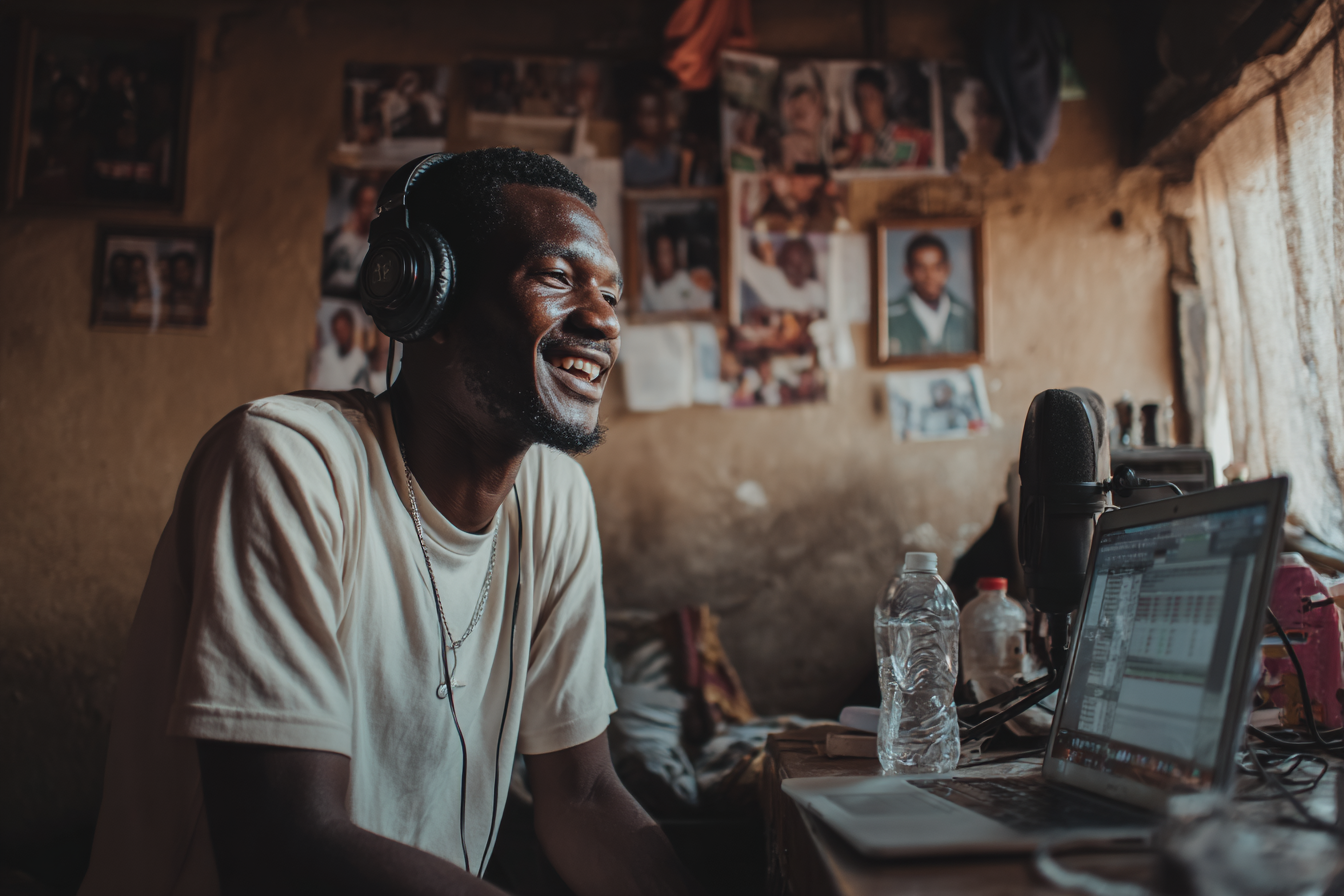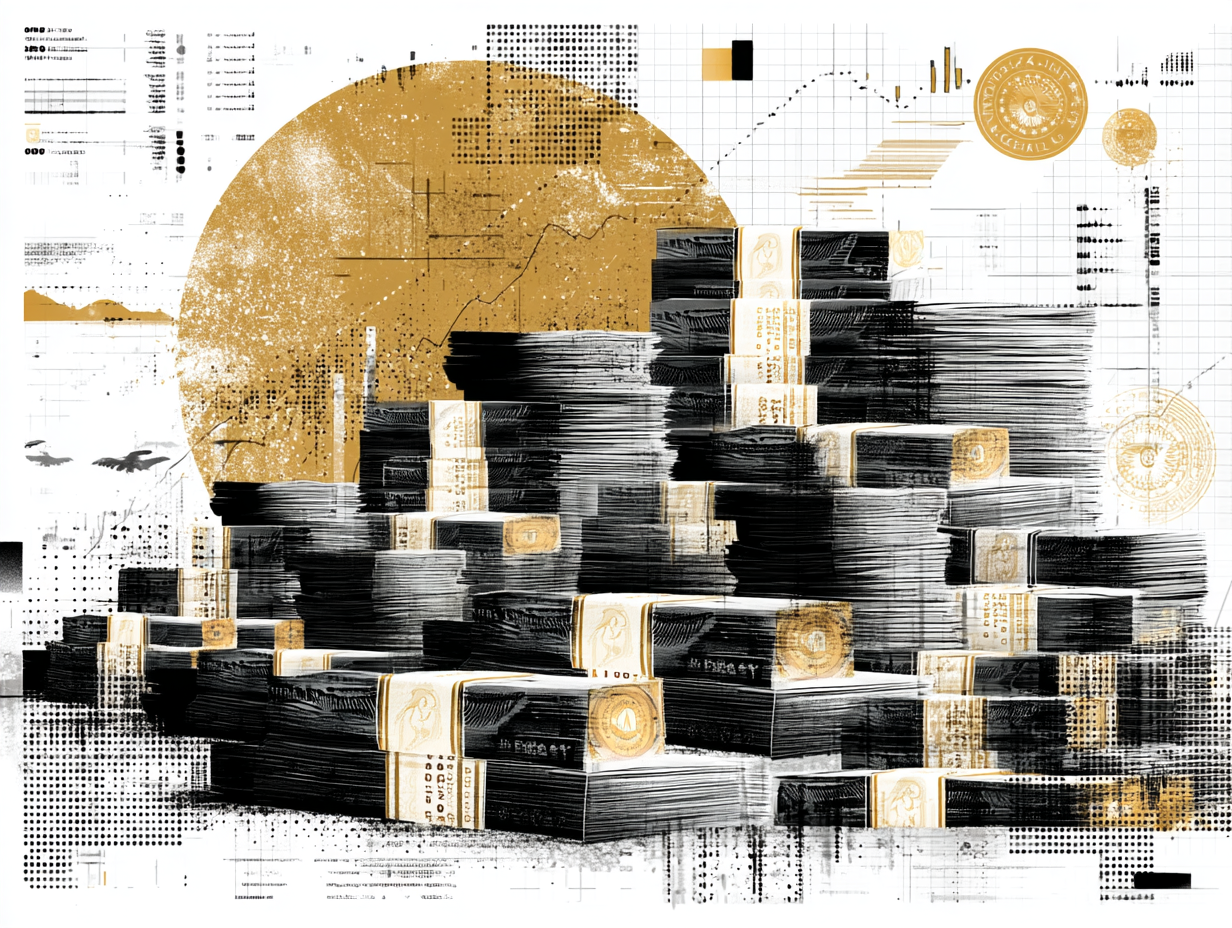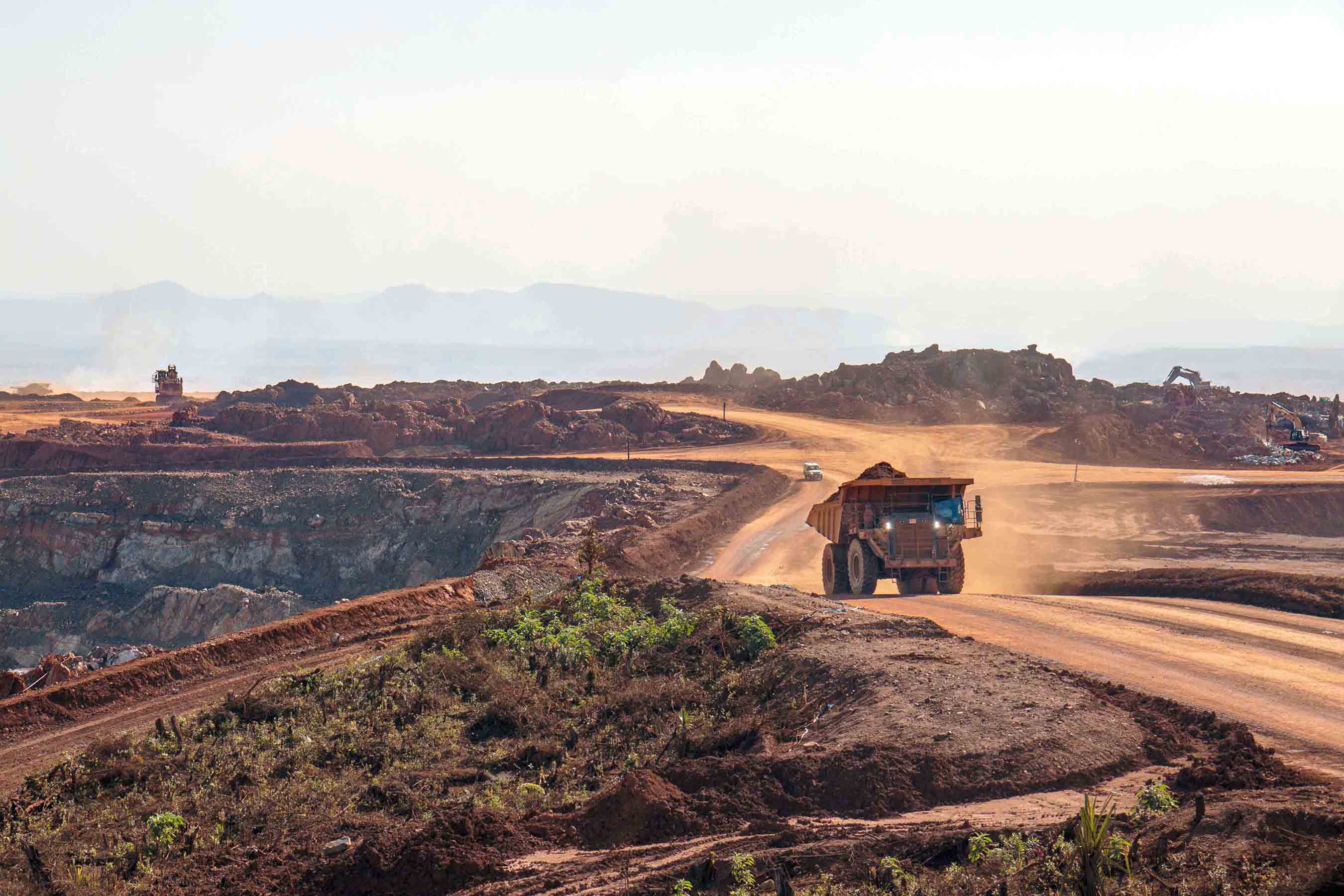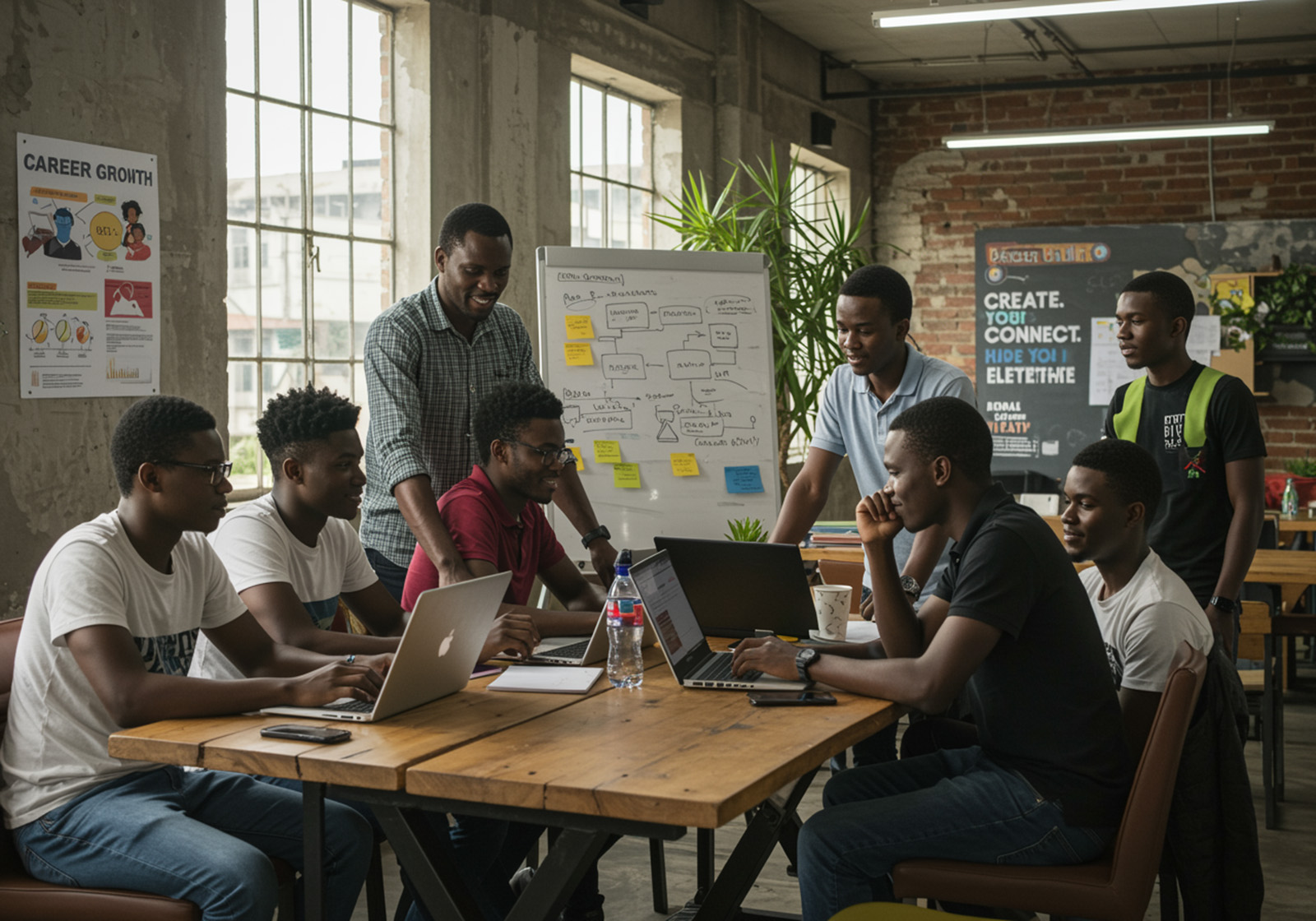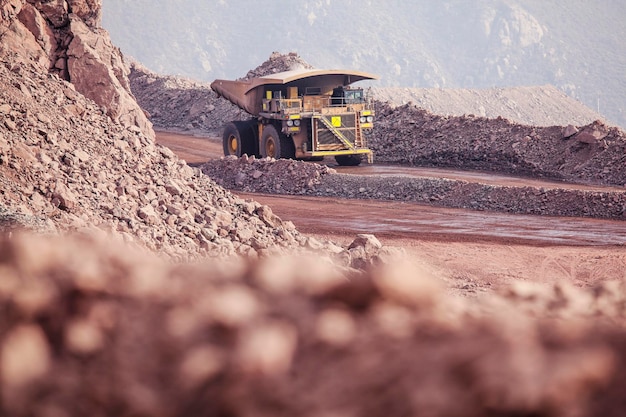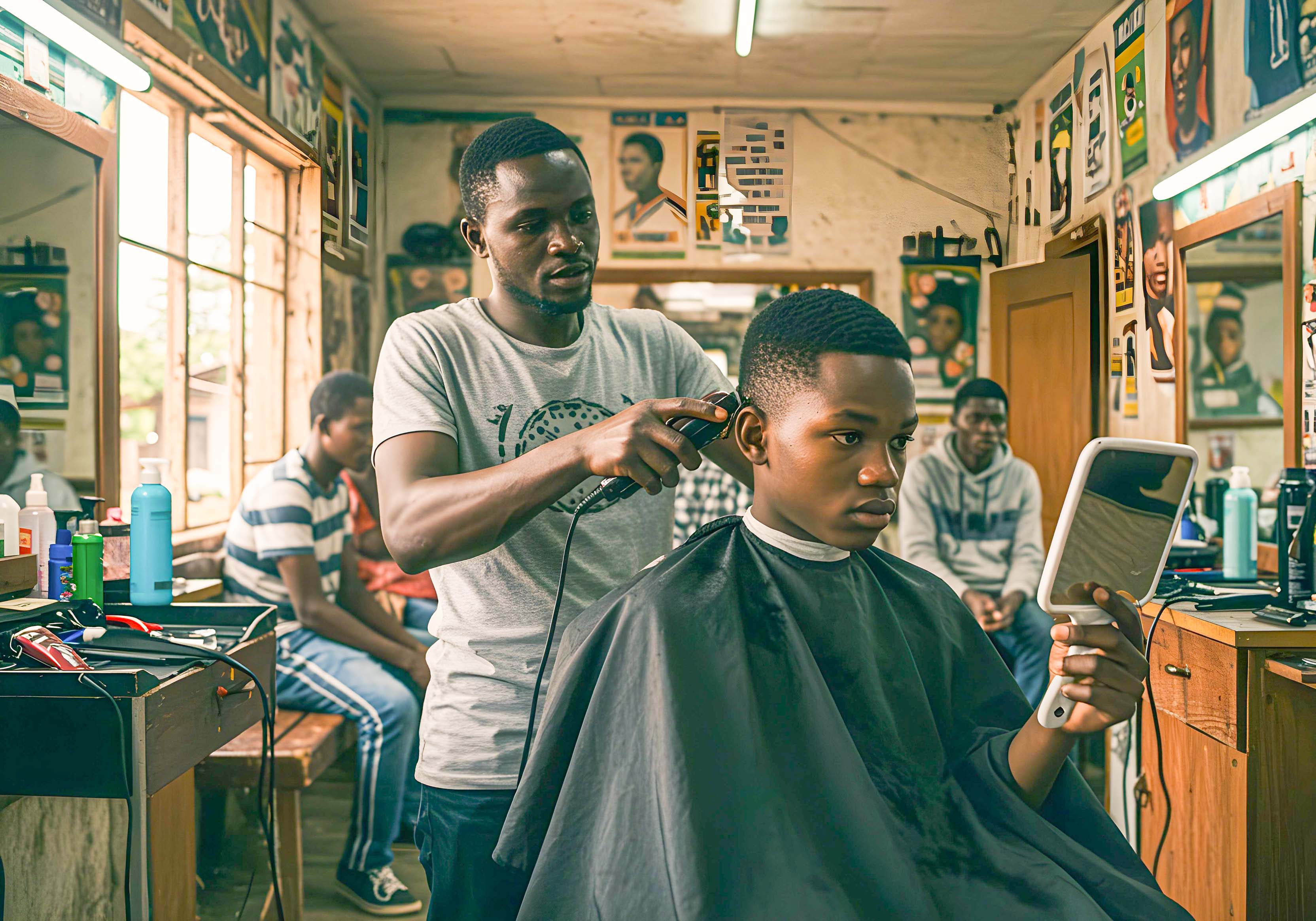What if your car that sits idle 50% of the time could be generating K2,000 to K8,000 monthly? These are three real, tested income streams that ordinary Zambians are already using to fatten their bank accounts. No huge startup capital is needed; just smart thinking and a willingness to see opportunity where others see ordinary things.
Let's be honest: the days of relying on one salary in Zambia are over. Even if you're pulling in decent money from your 9-to-5, inflation doesn't care. Your rent keeps climbing, fuel prices keep going up, and that emergency fund looks more like spare change these days.
But here's what most people miss: the car in your driveway, that extra room in your house, even the patch of land you call a backyard - they're all income streams waiting to happen.
Let's explore three ways to transform your existing assets into meaningful cash flow in Zambia.
Turn Your Personal Car Into a Money Machine
Your car is probably your second-biggest expense after rent. Insurance, fuel, maintenance. But what if it could pay for itself? Here's the thing: most cars spend so many hours parked. That's hours of dead capital. Some Zambians are changing this equation through strategic vehicle leasing.
The Taxi Lease Model
Instead of selling your car, lease it out. Structure it as a weekly or monthly rental agreement where the driver pays you a fixed amount regardless of their earnings.
The key is finding reliable drivers. Start with people you know: a friend who drives for inDrive, a relative looking to start their own taxi business. Draft a contract covering maintenance responsibilities, insurance requirements, and payment terms.
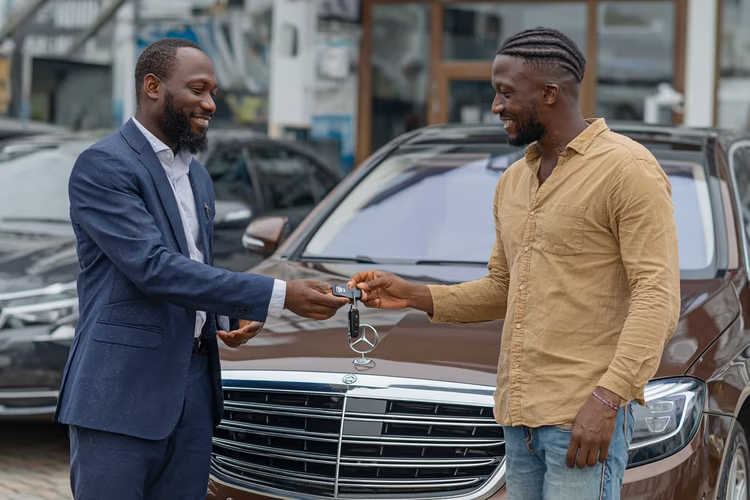
The Courier Vehicle Opportunity
With e-commerce growing in Zambia, delivery services need vehicles. Companies like Yango Delivery and local businesses are constantly looking for reliable transport. Your car could be delivering groceries, documents, or online purchases while you're at your day job.
This works well if you have a reliable spouse, sibling or child who can handle daytime deliveries. The income potential? K150-300 per delivery.
Monetise Your Unused Space Creatively
Every Zambian has unused space somewhere. That guest room that sees visitors twice a year, the backyard, the garage that stores things you forgot you owned. It's time to put that space to work.
Transform Your Backyard Into a Plant Nursery
Gardening is a growing need in Zambia. New residential areas need landscaping. Homes want fresh plants. Office complexes need greenery. Your backyard could be supplying this demand.
Start with fast-growing, high-demand plants: vegetables like tomatoes and lettuce, ornamental plants like bougainvillaea, fruit trees like mangoes and avocados. A small backyard can easily generate a monthly income once established.
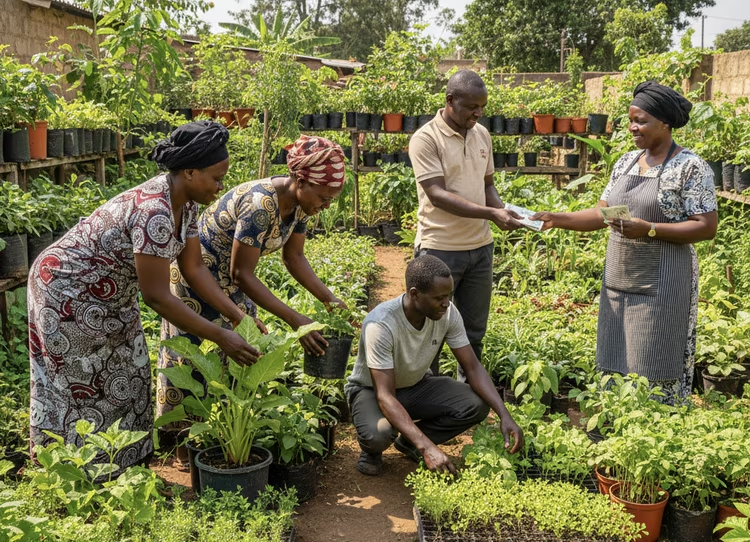
The startup cost is minimal: K500-1000 for seeds, small pots, and basic tools. Partner with local gardening groups or landscaping companies for steady sales. Market on social media, especially Facebook community groups and WhatsApp gardening groups.
Rent Your Home as a Video/Photo Set
Zambia's entertainment industry is growing. Music videos, commercials, social media content, small films - they all need locations. Your living room could be the backdrop for the next viral video.
Different rooms command different rates. A well-decorated living room, a modern kitchen or even that small bedroom with good lighting could be your new money maker.
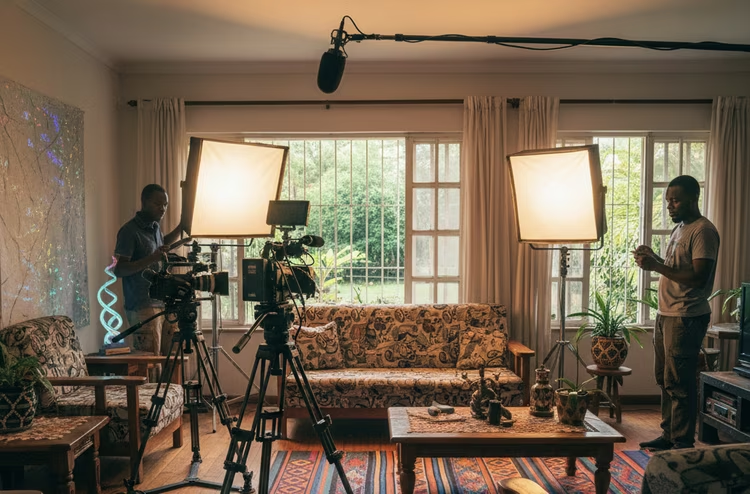
The trick is networking with content creators, advertising agencies, and production companies. Join Facebook groups for Zambian filmmakers and photographers. Build relationships with people creating content for brands or local businesses, and before you know it, you could be welcoming the Mpali crew into your home.
Making It All Work: The Implementation Reality Check
Here's the truth nobody tells you about passive income streams: they require work, monitoring, and smart execution. But they're also not rocket science. Most importantly, treat this like a real business, not side experiments. Professional communication, written agreements, and reliable service delivery.
The money is there. The question is: are you ready to go get it?
